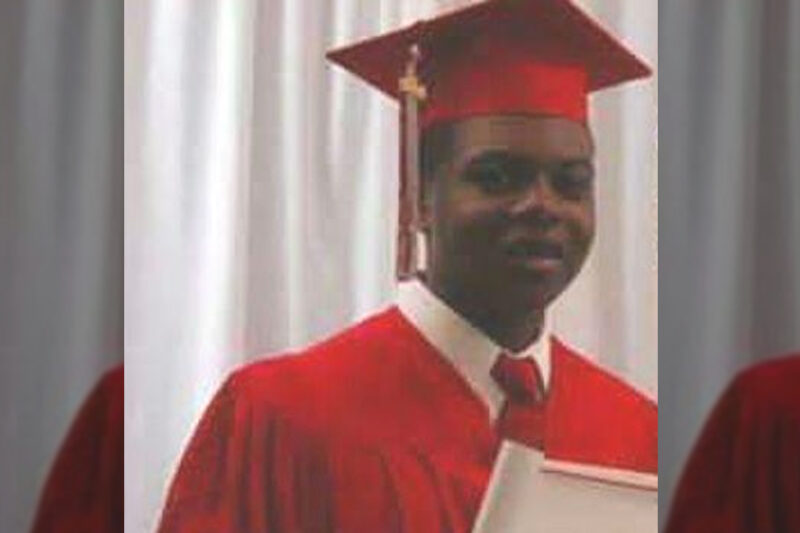Laquan McDonald’s Final Seconds Tell Us We Have No Time to Waste. Reform the Police Now.


Use a stopwatch to understand how much you can do in 14 seconds. Run the length of a football field. Kiss someone for several seconds after listening to the 10-second countdown on New Year’s Eve. Fourteen seconds is how long it took Officer Van Dyke to fire 16 shots into the body of Laquan McDonald. In those 14 seconds, it does not appear that even one of the officers at the scene tried to stop Van Dyke from continuing to fire.
Charging Officer Van Dyke with murder is a critical step towards justice, but it can’t be the beginning and end of this story. Some have used the fact that Officer Van Dyke has been charged with murder to advance the narrative that he was a “bad apple” acting outside the culture of the department. The remedy for that scenario is to prosecute the officer. Problem solved. The bad apple narrative offers a quick solution with no requirement to probe deeply. Race, training, and culture are not important if the problem is a rogue cop.
Neither this view nor the one at the opposite end of the spectrum (all police are racists and use violence against people of color indiscriminately) deal with the reality facing America. And that reality plays out in Chicago just as it has in Minneapolis, Ferguson, New York, and on and on.
The Chicago Police Department has some of the finest officers in the world, and it also has a culture that has supported the use of unnecessary violence and unnecessary deadly force against people in Chicago, especially in the Black community. This history includes the killing of Fred Hampton and Mark Clark in 1969; it continued in the 70s with Jon Burge’s infamous South Side squad beating, suffocating, and electrocuting black suspects; it has rolled into the present day with the payment of more than half a billion dollars in police brutality lawsuits between 2004 and 2014.
A police department can have wonderful police officers and a culture that results in the unjustified use of force, including deadly force, against the people they are sworn to protect. Good officers and bad culture are not mutually exclusive. Laquan McDonald’s killing doesn’t show that all Chicago police officers use unnecessary deadly force against Black men, but it surely doesn’t exempt the department from blame. Training and culture are at play, and unless those things change, prosecuting all of the Officer Van Dyke’s of the world will not make things right.
Mayor Emanuel said that this moment would build either bridges or barriers and asked Chicago residents to rise to the moment. The police and the mayor need to stand up as well. Don’t talk about this prosecution bringing healing as if criminal charges are the complete solution to the problem. Don’t use the horrific number of shootings in the Black community in Chicago to change the discussion, because killing Laquan McDonald had nothing to do with those shootings, and killing Laquan McDonald did not make Chicago safer. Have the courage to admit that systemic change is necessary.
The President’s Task Force on 21st Century Policing made recommendations but did not go far enough. The ACLU is working with experts in law enforcement and with community groups towards substantive changes in police training, education, and culture.
Van Dyke shot bullets at Laquan McDonald for 14 seconds. He started shooting only 6 seconds after he arrived on the scene, while McDonald was walking away from him. We don’t have time to waste.


